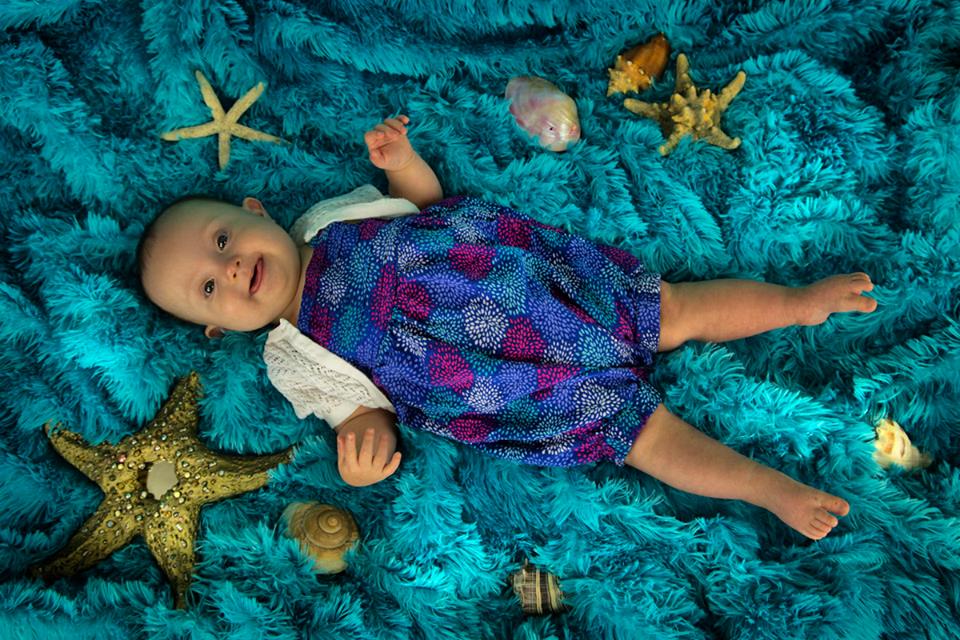Posts Tagged ‘family’
The HERO Project: Four Steps to Creating Scraps of Stories That Connect
One summer, my parents and my 10-year-old nephew Jake were visiting me and I wanted an activity we could all do together. Normally, Jake and Mom had a grand time together; but my mother, in her early stages of Alzheimer’s, wasn’t the grandmother Jake was used to. Jake knew his grandmother had something wrong with her but he didn’t know what to do about it. So I created a family project, a simple story scrapbook, complete with photos and a storyline, starring Jake and Nana and my father.
Since Jake was interested in strength and power, I created a tale where the strongest kid learns about something even more powerful than physical prowess – love. 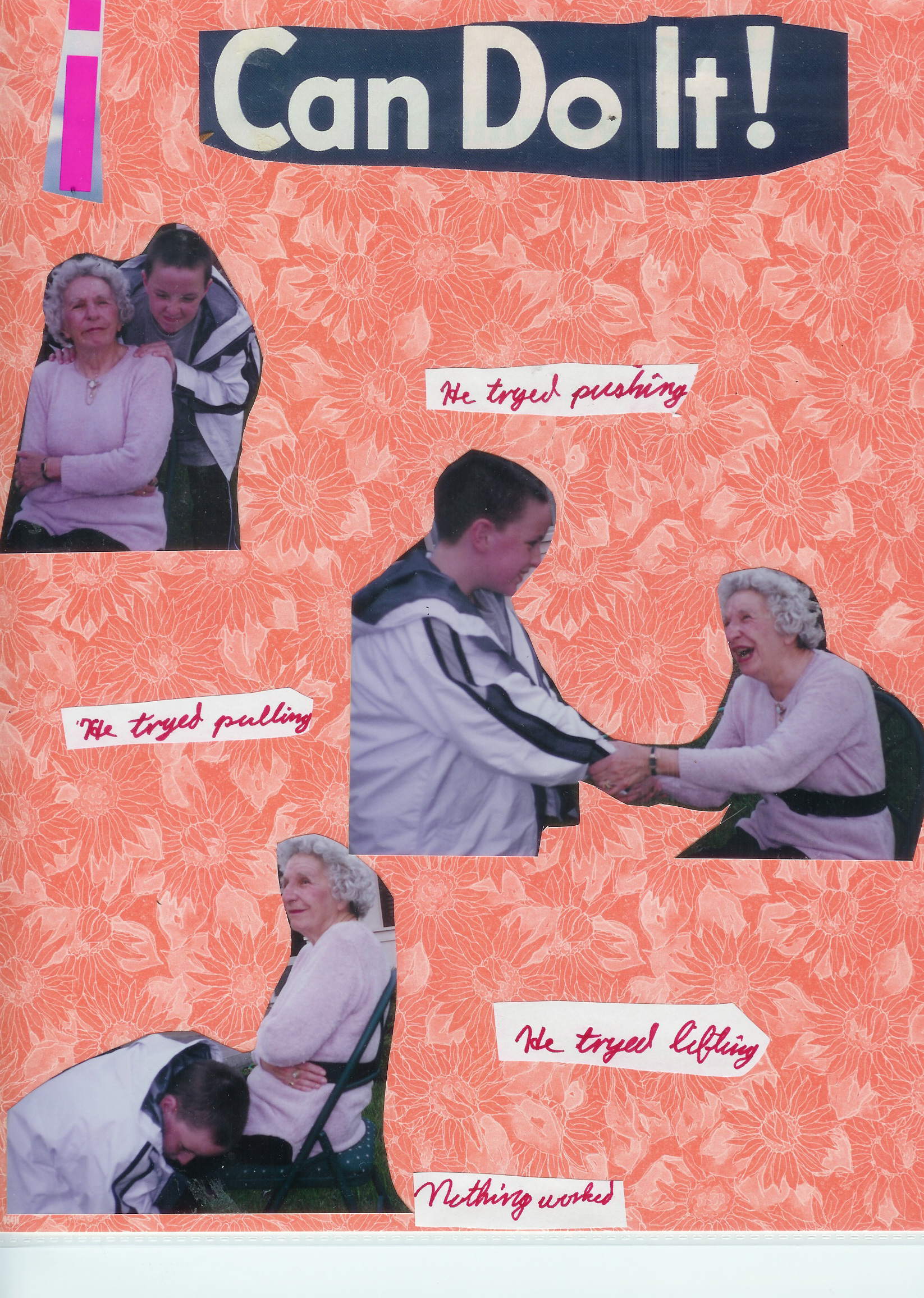
Designing a Project We Could All Participate In
This was a healing project for my family.
Jake and I worked on the storyline, then shared it with my parents. I took photos as they acted out the script. My mother was going through a stage of being very resistant and she had a good time acting out her frustration. My depressed father actually smiled and laughed during the photo shoot.
When I had developed the photos, we sat around the table and put the scrapbook together. Mom and Dad enjoyed leafing through magazines for extra sayings and words to spice up the pages. Most of all they enjoyed sitting around, focused on something other than the confusion of Mom’s Alzheimer’s.
We all loved the finished product. Our story scrapbook had a meaningful message and we shared the project with our friends and relatives. It was a way to let people know, “We’re still here and we’re still having fun, despite Mom’s diagnosis of dementia.” Reading this story inspired people to reach out to my parents and stay connected.
Chasing Away the Holiday Blues and Adding Creative Jazz to Our T-Day
We did other story scraps –some with our family as a group, others starring individuals. Each time we loved the process and the results. We called this work, The HERO Project, because we were inviting people to have fun and be seen as the heroes they really were.
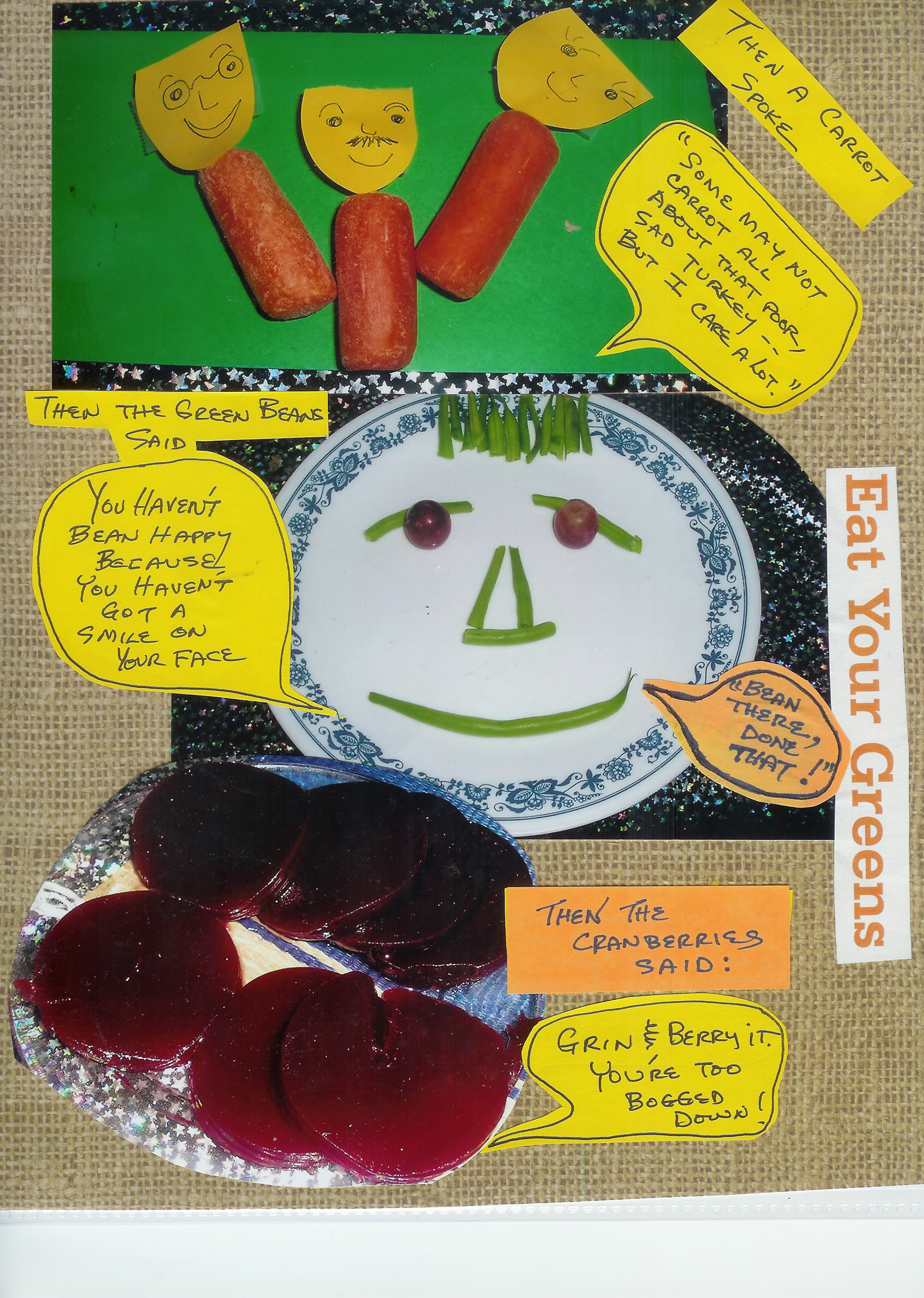 One Thanksgiving, when I was grieving because Mom could no longer help with the holiday meal, I created a HERO Project called, “The Little Kitchen that Could.” The story starred all of us and gave us a creative focus during that difficult holiday period. My parents smiled as we sat around the dining room table, preparing for our photo shoot by taping paper faces on my pots and pans and giving the unpeeled potatoes big grins. They smiled again as they stood in the kitchen and acted out “refusing to help with the dishes.” Later, they enjoyed sitting with us as we put together our story scrapbook.
One Thanksgiving, when I was grieving because Mom could no longer help with the holiday meal, I created a HERO Project called, “The Little Kitchen that Could.” The story starred all of us and gave us a creative focus during that difficult holiday period. My parents smiled as we sat around the dining room table, preparing for our photo shoot by taping paper faces on my pots and pans and giving the unpeeled potatoes big grins. They smiled again as they stood in the kitchen and acted out “refusing to help with the dishes.” Later, they enjoyed sitting with us as we put together our story scrapbook. 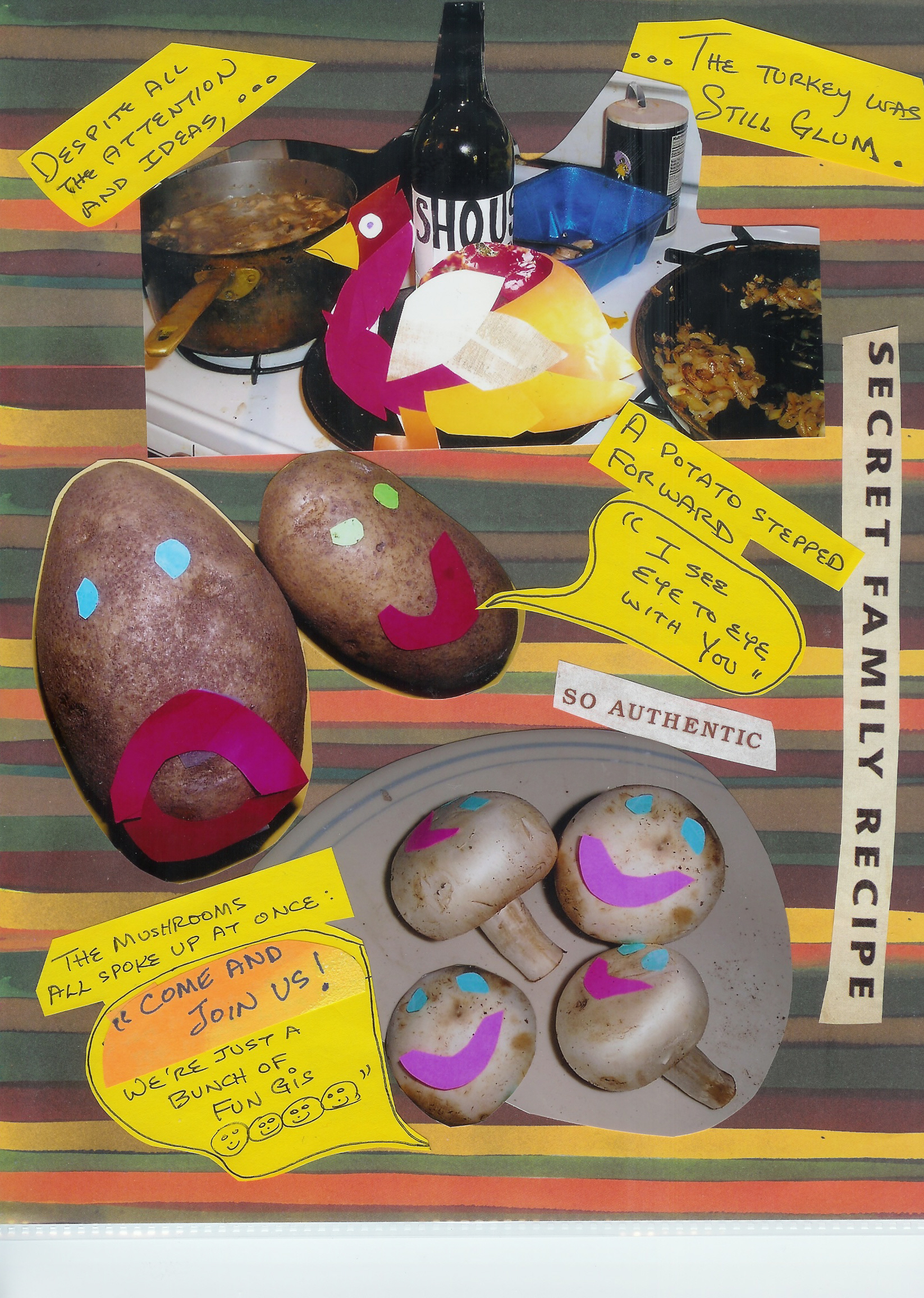
Four Stunning Steps to the HERO Project
These projects are easy and fun and can involve as many people as possible.
- Write a simple story that has humor and meaning.
- Stage a photo shoot, taking pictures that illustrate your story. Fill in with old photos or magazine pictures.
- Create a collaging session, where everyone gathers to put together the script and pictures in a low-key scrapbook.
- Celebrate by sharing your book with everyone!
For more examples of HERO Projects, visit The HERO Project link at www.TheCreativityConnection.com/
Six Tips for Surviving the Holiday Season When a Loved One Has Dementia
Normally, Thanksgiving was my favorite holiday, a time our family gathered together at my Kansas City home. But that November, my stomach clenched at the thought of our traditional Thursday evening meal.
My mother had Alzheimer’s and the holiday would be different. I felt alone but of course I wasn’t: there were 15 million family/friend caregivers helping the five million Americans who have dementia.
I’d been through my initial storm of denial and grief. I felt I’d been coping well with Mom’s diagnosis, focusing on offering my father extra support and trying to flow with Mom’s now spotty memory and personality quirks. But a pre-season sadness invaded me in October and I found myself dreading the alleged festivities. How could we have our usual holiday dinner, take our after dinner walks, play Scrabble and Hearts and Charades without Mom’s participation? How could we enjoy going to movies and plays when Mom was having trouble focusing and sitting still? And how would Mom react to the situation: would she feel uncomfortable and out of place? Would Dad feel protective and anxious? And more important, what would we have for dessert! Mom was legendary for her chocolate and butterscotch brownies, date crumbs, and bourbon balls. No store-bought cookies would compare.
As I stewed over the prospect of a depressing Thanksgiving weekend, I remembered the vows I had made: I had promised I would try to stay connected to Mom throughout her Alzheimer’s journey. And I had promised to see the gifts and blessings and fun in the experience.
So I began thinking: if the holiday is going to be different, why not concentrate on making it different in a creative and connective way? Here are some ideas I used to make the holiday work for me.
- Acknowledge my feelings of loss and grief. I wrote them down and shared them with a few friends. Just expressing myself made me feel stronger.
- List what I would miss most during the holiday season. My list included cooking with Mom, eating her brownies and rum balls. I asked my brother, who’s a terrific baker, to make some of our favorite sweets and I set up a place in the dining room where Mom could sit next to me while I chopped mushrooms and peeled potatoes.
- Create an activity to give our holiday a new focus. We created a simple holiday scrapbook called, “The Little Kitchen that Could,” complete with a family photo shoot and a playful script.
- Appreciate my blessings. We started our Thanksgiving meal by asking everyone to name one thing he or she was grateful for. I continued my gratitude practice throughout the holiday season, either alone or with others via telephone and social media.
- Take extra good care of myself. I treated yourself as I would a friend who’d suffered a deep loss.
- Set up a lifeline. “I’m worried about melting down,” I told my friend. She urged me to call anytime for encouragement and reassurance.
These six steps helped me enjoy my holiday and appreciate my mom just as she was. Our holiday was “different” but it was also wonderful.
*****
Q 4 U : How have you adapted your holiday expectations?
Celebrating the Differences: Our Teachers are Everywhere
Part of my journey has been opening myself to love in all its glorious guises. As my mother went deeper into Alzheimer’s, I also feel we went deeper into love, the kind of true emotion that goes beyond words.
I am now deeply in love with another amazing person, my granddaughter Annabelle Rose, who doesn’t yet have the words to express her feelings but whose ability to connect is truly inspiring. 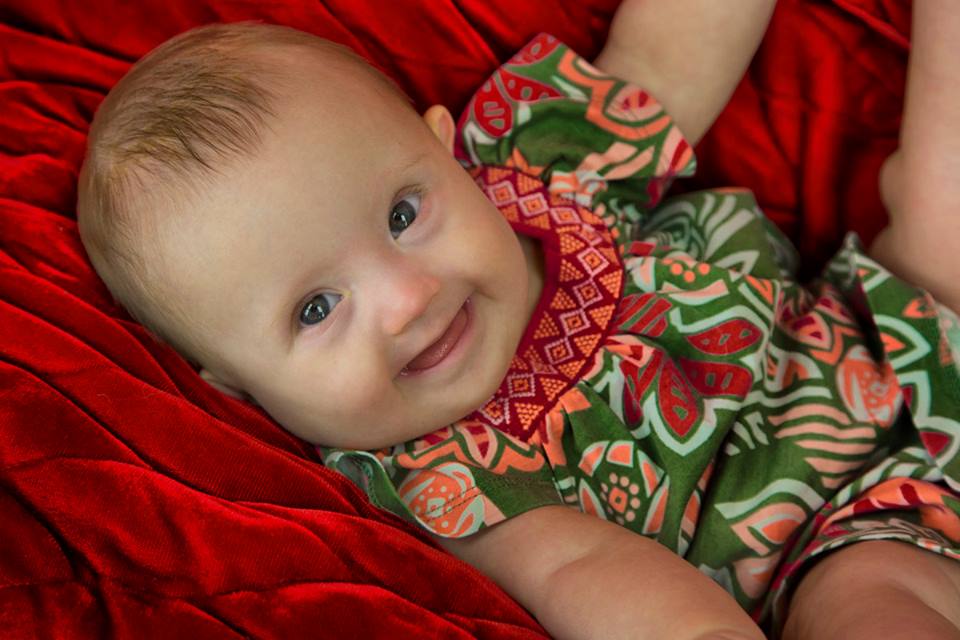
My daughter Sarah wrote this note to Annabelle and I wanted to share it with you. It really captures the essence of how we can appreciate, learn from and celebrate what is extra and unique about every one of us.
Warmly,
Deborah
Sarah’s Journal Entry: October 1, 2013
Today marks the first day of Down Syndrome Awareness month — the first time that I have been aware, as it is Annabelle’s first October. Here is my wish:
Dear Annabelle,
I hope you recognize that having an extra chromosome makes you extra special. I do not want to define you by that addition to your DNA, nor do I wish to minimize the impact that it will have on your life. I believe that you will be able to accomplish great and amazing things. I hope to help you find your passion and to express yourself in every way. I want for you what I want for your brother. I will do everything that I can to give you a solid foundation — early intervention and love. 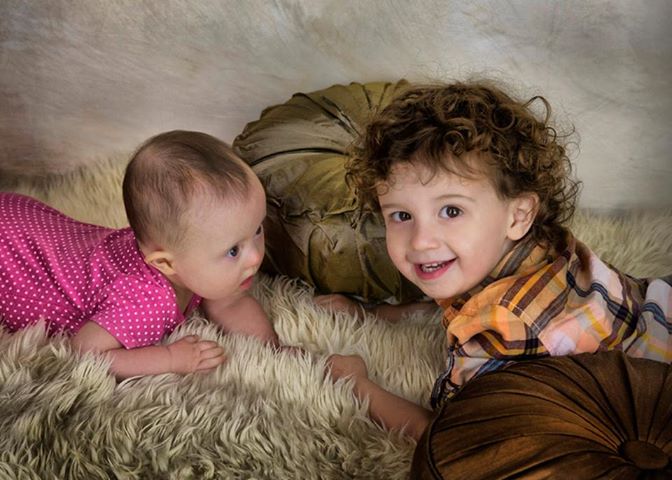
I have celebrated the last 7 months, expressing gratitude for my healthy and happy baby girl. I did not expect a girl. You are a blessing. Being different does not diminish or change that fact. I imagine life will be more of a challenge for you because of that fact. I hope to protect you from any cruelty or ignorance. I will work hard to educate and advocate. I am aware of Down Syndrome. It is with us everyday. But this month, I aim to celebrate.
I believe that you will teach us just as we teach you. I have been forced to put my education and training into practice. I cannot live in the future — none of us knows what it will hold. However, we can plan, prepare, and then be mindful of this moment. Each moment with you is filled with joy and wonder — the sweetness of your smile, the magic of your laugh. I love to be with you. I love to help you get stronger and develop new skills. We are being trained, and the information is amazing. We will learn how to help you in the best possible ways. You have a team dedicated to your health, happiness, and future.
You are different, but you are the same. You have an extra chromosome. You also have the same 46 that we have. You have a patience and sweetness that is hard to define. You have an interest in people and the world around you. You stay awake to watch and observe, refusing to miss any action by napping. When you sleep, you sleep with abandon. You often “talk” during this time. I could write for hours about how much I love you and all the special things that you do.
Your mom.
Sarah
Photo Credits, Ann Brown

